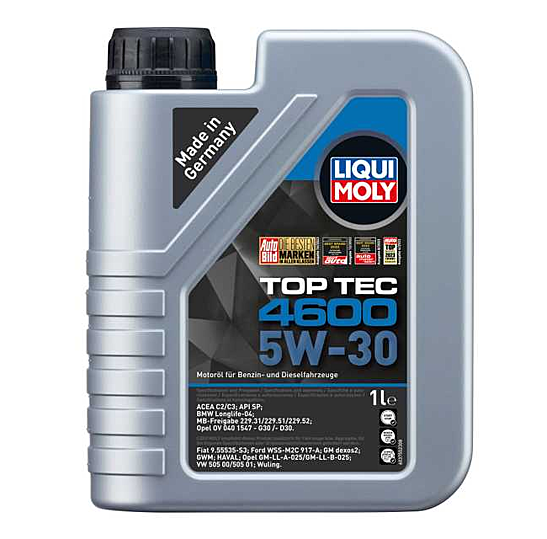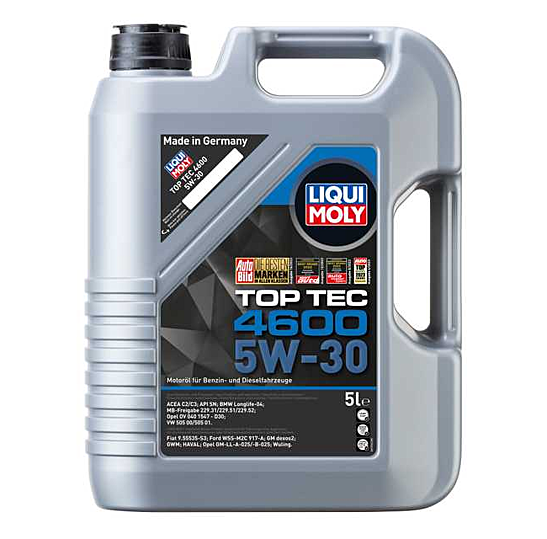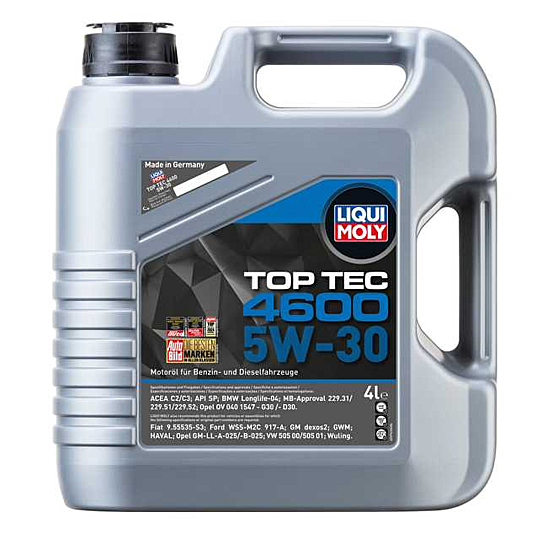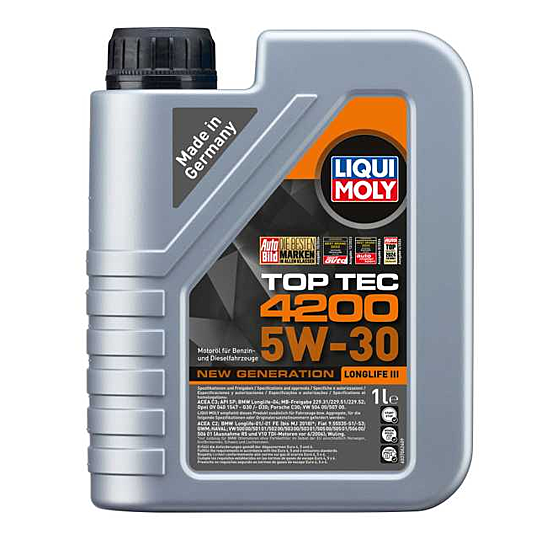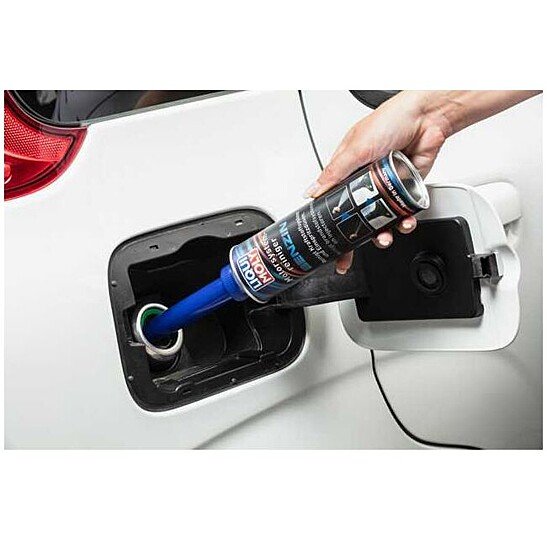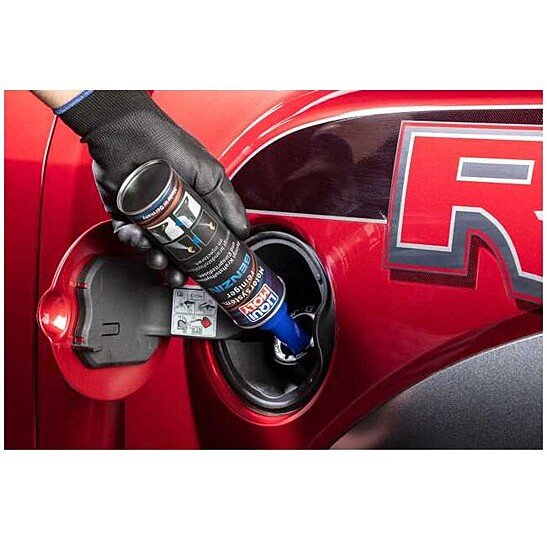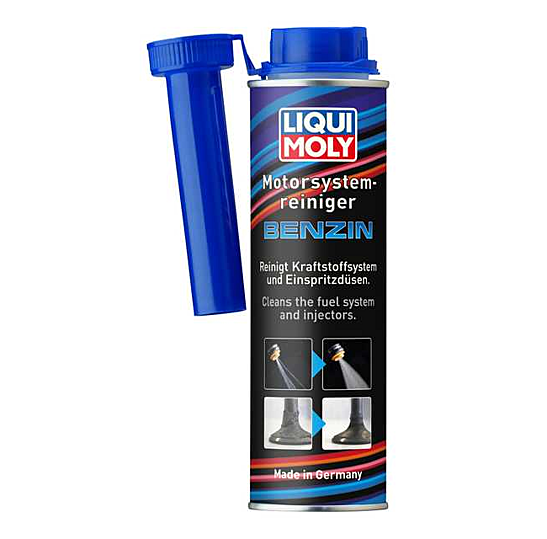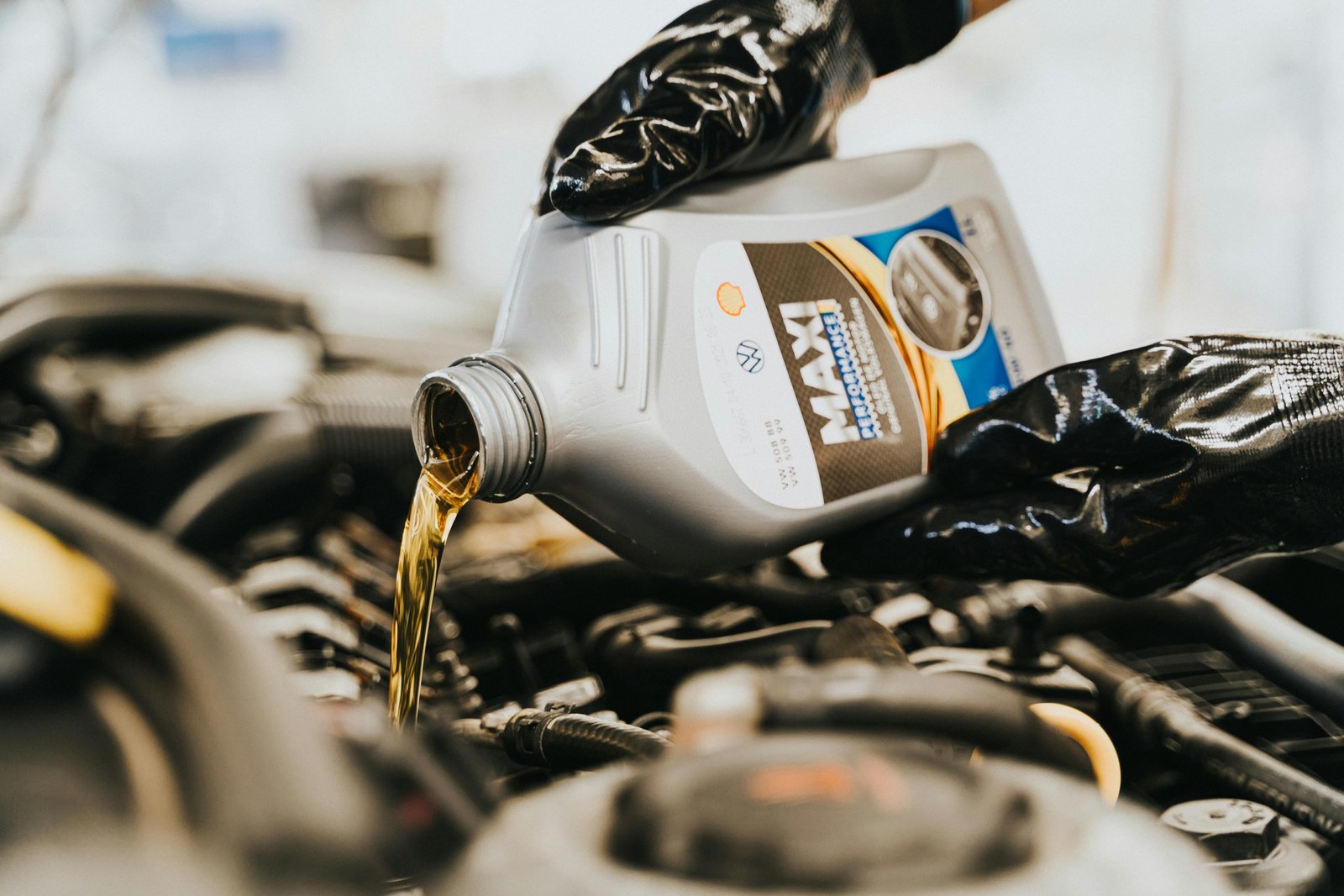
Car Auto Parts
March 18, 2025Engine oil plays a crucial role in keeping your car’s engine running smoothly and efficiently. It lubricates the engine’s internal components, reduces friction, helps keep the engine cool, and ensures the overall longevity of your vehicle. With so many different types of engine oils on the market, choosing the right one can be a bit overwhelming. In this post, we will break down everything you need to know about engine oil and how to choose the best one for your car.
Engine oil is a lubricant specifically designed to keep the engine parts moving smoothly by reducing the friction between them. It also prevents overheating, minimizes wear, and helps in cleaning the engine by picking up dirt and debris, which are trapped in the oil filter.
Why is Engine Oil Important?
- Lubrication: Engine oil creates a thin film between engine parts, reducing friction and allowing them to work together without causing damage.
- Cooling: As it circulates through the engine, engine oil absorbs heat, helping prevent the engine from overheating.
- Cleaning: Engine oil collects contaminants like dirt, metal particles, and sludge, keeping the engine clean and ensuring optimal performance.
- Protection from Corrosion: Additives in engine oils prevent rust and corrosion, protecting engine components over time.
- Sealing: Engine oil helps in creating a seal between the engine’s piston rings and cylinder walls, ensuring efficient fuel combustion.
Types of Engine Oil
There are several types of engine oils available, and each has its advantages based on your car’s engine type, driving conditions, and age of the vehicle.
- Mineral Engine Oil:
- Derived from refined crude oil.
- Ideal for older vehicles or those with less advanced engines.
- Offers basic protection and performance but may need to be changed more frequently.
- Synthetic Engine Oil:
- Engineered from chemical compounds and offers superior lubrication.
- Works well in extreme temperatures (both hot and cold) and provides better engine protection and fuel efficiency.
- Recommended for modern, high-performance engines and vehicles that endure severe driving conditions.
- Semi-Synthetic Oil:
- A blend of mineral and synthetic oils.
- Provides better performance than mineral oil and is more affordable than full synthetic oil.
- Suitable for those looking for a middle ground between cost and performance.
- High Mileage Oil:
- Specifically formulated for vehicles with over 75,000 miles.
- Contains additives to reduce oil burn-off, prevent leaks, and improve overall engine health for aging engines.
How to Choose the Right Engine Oil?
When selecting engine oil, it’s essential to consider the following factors:
- Viscosity Rating: The viscosity rating (e.g., 10W-30) refers to how thick or thin the oil is in various temperatures. The “W” stands for winter, and the number before it represents the oil’s viscosity in cold conditions, while the number after the dash shows how the oil performs at higher temperatures. Always check your car’s owner’s manual for the recommended viscosity.
- Manufacturer Specifications: Each car manufacturer has specific requirements for engine oil. These recommendations can be found in the owner’s manual and will include the oil type, viscosity, and performance standards.
- Driving Conditions: If you frequently drive in harsh conditions, such as extreme temperatures or heavy traffic, synthetic oils or high-performance oils are better options as they are more resistant to breakdown.
- Vehicle Age and Mileage: Older vehicles or those with high mileage may require specialized oils, such as high mileage oils, to maintain engine performance and prevent leaks or oil consumption.
Conclusion
Choosing the right engine oil is vital for the health and performance of your car. By understanding the different types of oils and following your manufacturer’s recommendations, you can ensure that your engine stays well-lubricated and protected in all driving conditions. Regular oil changes and maintenance are key to extending the life of your vehicle and avoiding costly repairs down the road.
